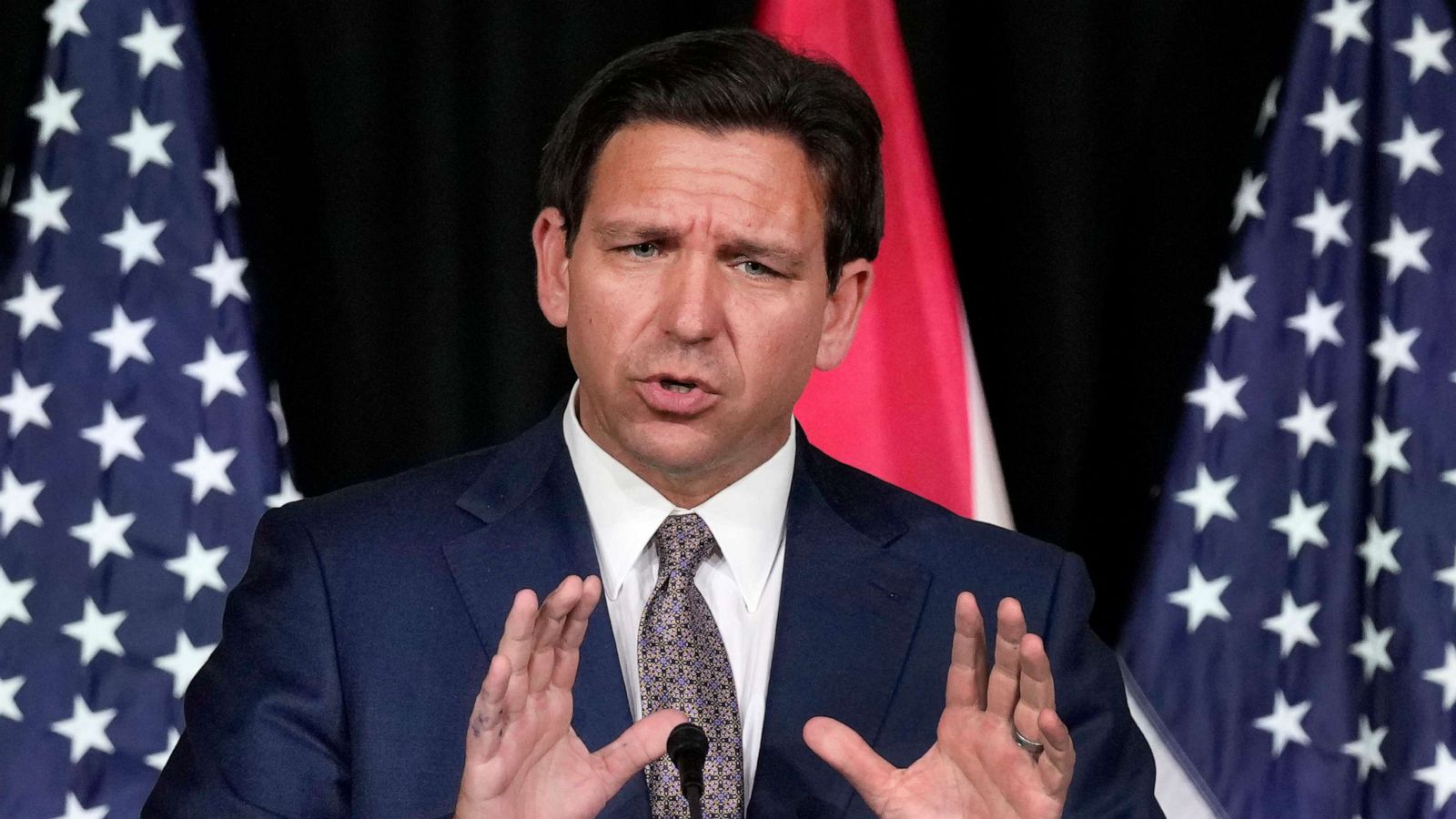Florida Governor Ron DeSantis, a United States presidential candidate, has once again expressed his opposition to central bank digital currencies (CBDCs) and stated his intention to ban a digital dollar in the country if elected as president.
Speaking at the Family Leadership Summit on July 14, DeSantis firmly declared, “If I am the president, on day one, we will nix central bank digital currency. Done. Dead. Not happening in this country.”
His remarks were made in Iowa alongside six other Republican Party candidates.
DeSantis has consistently voiced his concerns about a digital dollar in the United States. In May, he signed a bill in Florida that prohibits the use of federal CBDCs as legal tender.
Furthermore, he also banned the utilization of foreign CBDCs, arguing that it would result in a substantial shift of power from consumers to a central authority.
A central bank digital currency closely resembles traditional currency issued by central banks. It represents a digital version of fiat currency, offering the advantages of digital assets.
Nevertheless, CBDCs have been a subject of controversy within the cryptocurrency community.
Critics argue that they pose a threat to citizens’ privacy and could enable excessive government control.
On the other hand, proponents view CBDCs as a means to promote adoption and as a global use case for blockchain technology.
READ MORE: Coinbase Temporarily Suspends Staking Services
According to Cointelegraph’s CBDC database, the number of CBDC projects has significantly increased in recent years, with over 100 countries exploring the technology and at least 39 nations either conducting CBDC pilots, implementing proof-of-concept initiatives, or pursuing other related efforts.
While the U.S. Federal Reserve currently has no immediate plans to introduce a digital dollar, this stance could change following next year’s election, as more candidates are engaging in discussions about crypto-related topics during their early campaign stages.
For example, Robert F. Kennedy Jr., vying for the Democratic Party nomination for president, has been actively promoting Bitcoin since May and has disclosed investments worth up to $250,000 in the cryptocurrency.
As the political landscape continues to evolve, the debate surrounding CBDCs and their potential impact on financial systems, privacy, and government control will likely remain at the forefront of discussions among policymakers and candidates.
Other Stories:
SEC Stresses Crucial Clarification Amid Coinbase Battle
Bitcoin Long-Term Holders Return as BTC Price Surges
Cardano Surges 23.9% Following Favorable XRP Ruling, Investors Eye Further Gains




